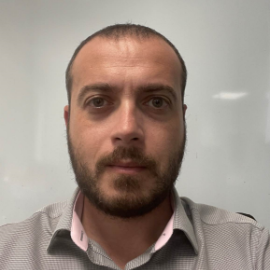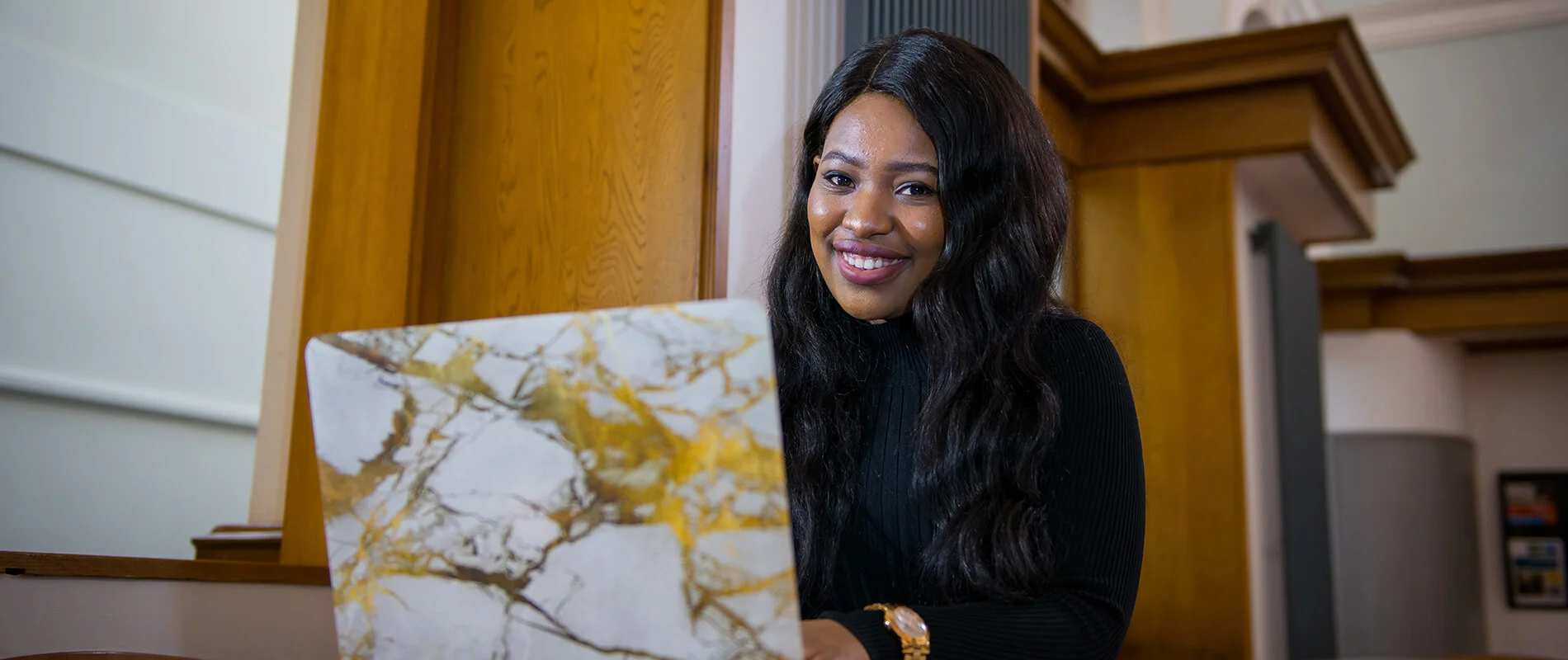Angeliki Papasava: Next question for you, Mike, is about innovation, a very dear topic to me. I'm a true believer in innovation, changing the world, to the better. And how do you think that innovation can be fostered within engineering management practices? And what role do you think it plays in staying competitive in the field?
Mike Bartlett: It's a good question. So option there, a mindset, and it is a mindset of kind of our engineers, our managers, but also our government policies, society, in general, as well, of the mindsets there. And speaking from my industry and my profession as a as a project manager, where I used to kind of define deliverables, define measurable criteria. So kind of almost box ourselves off from innovation or that would it would seem that way. But really, to be competitive is to look at these small efficiencies, productivity, changing the way you work, looking at your your your supply chains. Again, I'll mention that because it's quite a big one.
I've got, you know, an example has just come to mind at Jacobs as well. So, obviously, not my area, Jacob's, but in over in America where we are, quite large and prominent. One of the larger tequila manufacturers. It's actually the the largest tequila manufacturer. I'm not sure if you're a tequila drinker Angeliki or not. I am. I am. Oh you are? So Jacob's was actually hired to do a feasibility on their processes and, how can them up optimize during the pandemic, and just kind of in a nutshell just to kind of shorten it slightly is that they identified the supply chain was really, really weak. And in fact how they supplied cardboard, in fact, or a type of cardboard.
And what they found was the byproduct of of of making a tequila was that the sugar element. I'm not quite sure on the on the facts. And basically, what the found was kind of closing that circle was the sugar can actually be processed again to make cardboard. So what that in turn made its own, economic circle, but then they kind of had their own cardboard production within on-site, and it had its own kind of micro economy even, and kind of just kinda looking at the the kind of a holistic view of that is just looking at you looking at your processes, your inputs and your outputs, what is your waste, and that's innovation, that is innovation looking at how they did that.
Angeliki: I absolutely agree with you, Mike. And when I'm teaching strategy, actually, this is what I'm explaining, to, to my students that, many times when we think of innovation, it's all about bringing new products out in the world, new services and that, of course, gives a competitive advantage. But this competitive advantage cannot be sustainable for long because at the end of the day, competitors will be able to copy the product at some point and now we have this giant China that came into the game so strongly and they're so great at copying.
So I'm not only copying today, but elaborating on it and make it a hundred times better and a hundred times cheaper than the initial innovation. So but when it comes to processes and process innovation, so internal innovations within the organization, this is where things can really work out for for a company. So whatever is happening inside, you mentioned the the supply chain or project management technique managerial techniques, these can be very difficult to copy, and this is what gives an advantage to any organization.
And I'm glad that you mentioned that because I totally agree with you. And whenever I discuss about strategy, either at professional level or at an academic level, I always stress out the importance of processes. And there are so many textbooks, textbook examples there. Amazon, the the biggest one, where did they achieve their competitive advantage? But through innovation, in their processes. They started selling books anyway, so they didn't do anything different than many other book sellers online but they had the processes in place, and they still have the processes in place. Plus data, as you mentioned, IoT, big data, all these very important factors.
Next question for you, Mike. How can engineering management professionals incorporate ESG initiatives to their projects and what impact can this have on overall project success? And I have to say that that's my favorite favorite question. And I'm so excited to be discussing about this today with you.
Mike: Okay. So this is widening widening the lay the delivery lenses I call it a little bit a little bit more for an ESG, and Jacobs are extremely good at that now when, many other organizations are at the forefront of this now. And, you know, the current climate looking at kind of cop twenty nine, looking at the, the global pandemic initiatives, etcetera, the increase in the population, the increase in the requirement of utilities nowadays is is is is extremely important. So how we measure ESG is is quite unique as well now. It's new to to management it's new to kind of the industry intellectual measure.
So we we talk about government, society, initiatives, and it's all talk and no action, but with governments, sometimes, you know, people have this perception of it. So it's how you how we measure that to a project How does your engineers, your managers, etcetera, pick that up your ESG and involve it. So, but by ESG, we made obviously environmental social governance. And then this can mean many different impacts on to to a to a project, whether that be your sustainability, carbon reduction, your waste of your supply chain, then from a government's point of view is how do you govern your delivery of a project to make sure you're sustainable. So it's having these right people involved, the right frameworks and processes to ensure you're capturing everything.
When we when we look at delivering a project, we're very kind of, you know, we have that kind of very straight mindset there. It's wide in that lens of what is the net value of the project. What is the net gain of the project? So let's let's talk about building a a project plan that we talked about. So it's what is the social impact and environmental impact of that plan. So that, again, that's from the design stage again implementing that from kind of the concept through to the decommissioning. I mentioned decommissioning because, Jacob's with with decommission a lot of nuclear power plants. That wasn't considered very much hundred year or sixty, seventy years ago when they was implemented.
Now we have to have a a sustainable plan of how that's decommissioned. We also talk server talk about supply chain wasting then we talk about, local areas. How do we have the impact on the local areas? Do we leave a legacy in that area so it can be an economic legacy? It can be apprentices, training, I don't know, what what net impact does that have, and you need to measure those in order to to kind of understand has it been a positive net impact? And nowadays with with projects we're seeing now, very much. So not only the government, initiatives, you know, the there's there's funding now for if if you can prove your ESG, it's very important to measure your metrics.
When we're doing tenders now, a lot of the tenders now, the scoring mechanism, you can just see that sustainability, that ASG, that is, you know, that is getting higher now while you're getting scored again, improving what you do. So making sure you have these frameworks in place, how do you deliver your sustainability plan as well?
Angeliki: I think it's a hottest topic today. Everybody's talking about it. Everybody is trying to do something about it.
I'll give an example, a personal one. I took my children to the planetarium, this weekend, and, we were watching a wonderful documentary at the dome about the earth. And when where the earth is going. And the documentary ended with the prompt that if we continue things the way we are doing them today, unfortunately, in a very short period of time, we won't have a planet to to talk about. So there are some industries that that are really affecting this, like, and especially engineering, the engineering industry, oil and gas is the easiest example.
Things are changing there we see the impact of the oil and gas industry. But talking to many of our engineers in this industry, they're all thinking of our alternatives and moving forward. But is not just the environment, is what do organize these organizations do for society around them the impact, as you said, Mike, that they have on the people socially.
Apart from the government that has to do things, I think that CSR corporate social responsibility and ESG initiatives should become a top priority for any organization out there, but a especially for engineering companies because they are the ones fortunately or unfortunately with the highest impact on the environment. I think that this industry can really drive, the change, in the world. And I'm glad that you're to hear that you're working in an organization that is really trying to come up with ways and initiatives, to to help with this change, movement that is happening today.


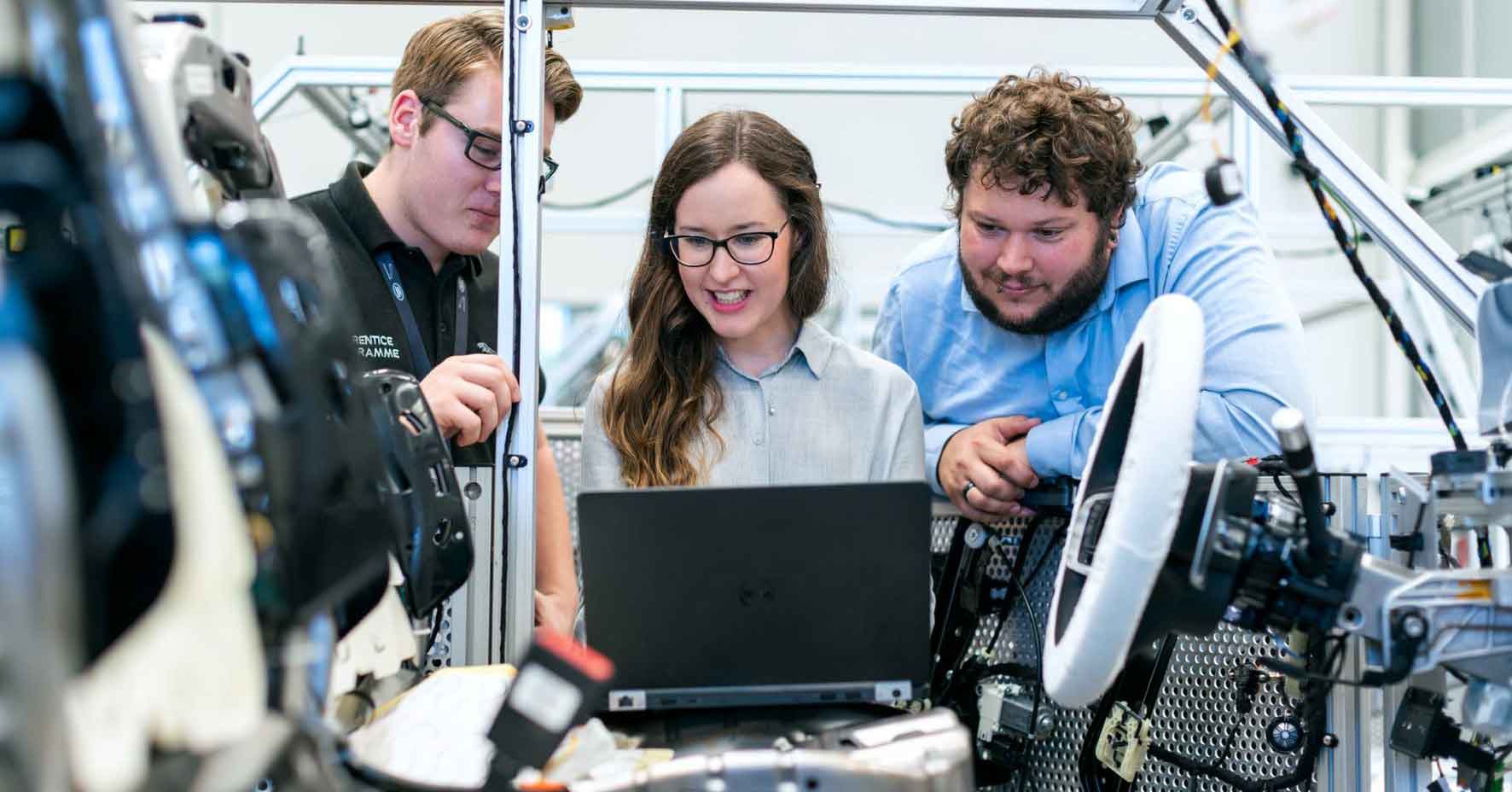
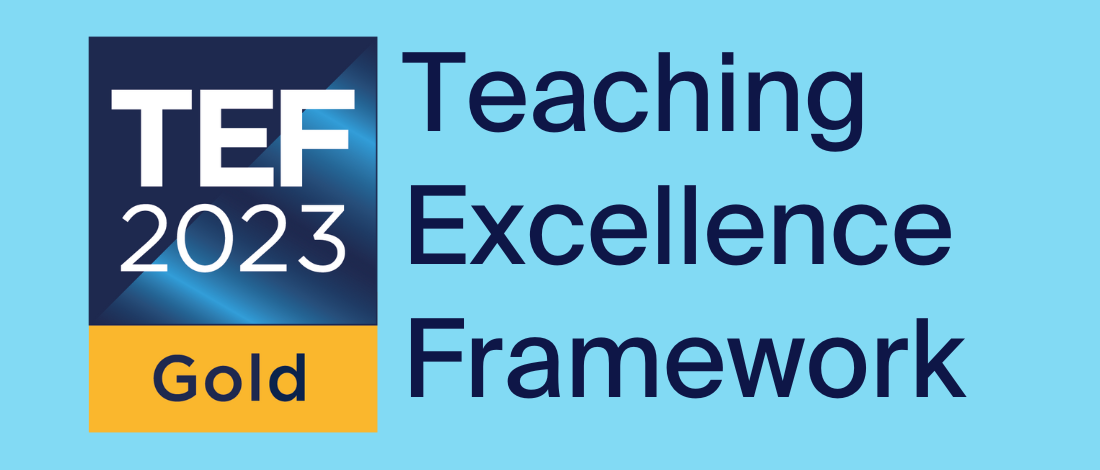



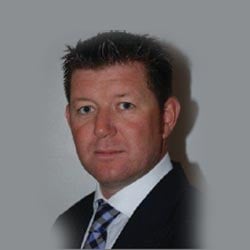


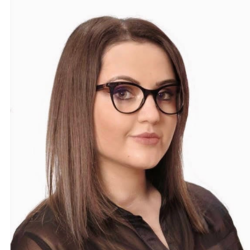

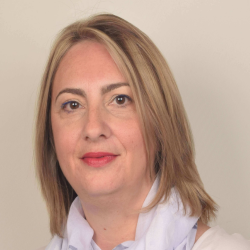
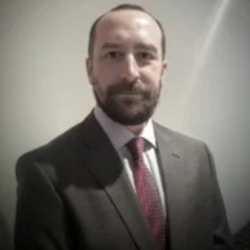

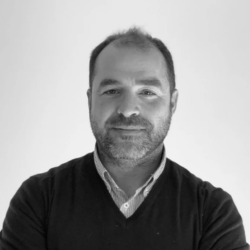
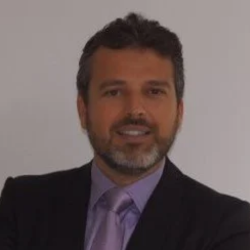
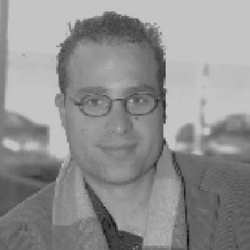
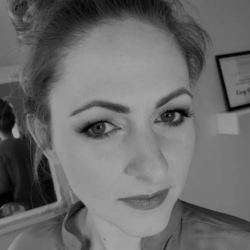
.webp)
